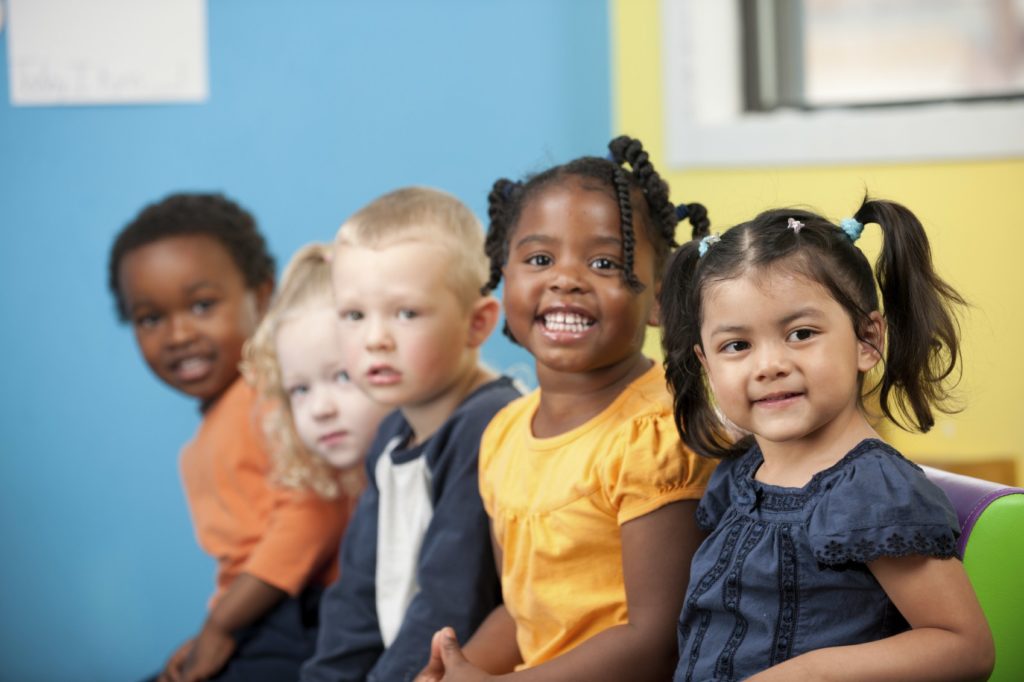
Keeping the Rules (Discipline)
Even some people may think that discipline is about punishment, discipline is about learning and keeping the rules, to keep ourselves and others happy and safe.
Your home is the first and most important place in your life, but it is also the most dangerous place where most accidents that happen to kids take place. The people who look after you care about your health so there are rules to learn like:
- washing hands after going to the toilet and before eating food
- tidying up your toys so that people do not fall over them
- covering your mouth when you sneeze or a cough
- washing all over every day.
There are lots of people in the world, so you need to learn how to get along with others. Some rules might be about:
- sharing
- doing chores
- looking after your things and your room
- not fighting
- how to speak nicely to others
- good manners – saying thank you and please
- looking after your things and showing respect for other people’s things.
Learning the rules can also mean learning about consequences – that is, what happens when you do the wrong thing. Maybe there will be some kind of punishment like time out in your room, not being allowed to visit friends after school or missing out on something you like.

Learning to put right what is wrong is a good way to make yourself and others feel better. That way you will learn how to be more responsible a lot faster and that will be good for you and the rest of the family.
When you are at school the teachers have to look after you like your carers at home do, but teachers have lots of kids in their classes. That means that all the school rules, including classroom rules, which you may help to set up, are there to keep everyone safe, healthy and caring for each other, as well as not damaging their own and other people’s feelings or things.
There are school rules about:
- safety, like no running in corridors, not leaving the class without permission.
- health, like wearing a hat in the sun, washing hands before eating.
- getting on with others, like sharing, listening, being kind.
- looking after property – your own, other people’s and the schools.
As you get older, you will know the rules and can help younger people understand them. You will learn about self-discipline, where you make good choices and help others to do the same. You will know and accept the consequences of breaking rules. You will become a person who is in charge of yourself and can be relied upon to do the right thing.
The adults in your life can help you learn about discipline and encourage you to become a responsible, happy and caring person. Self-discipline is when you know what is the right thing to do and you do it without having to be reminded.
